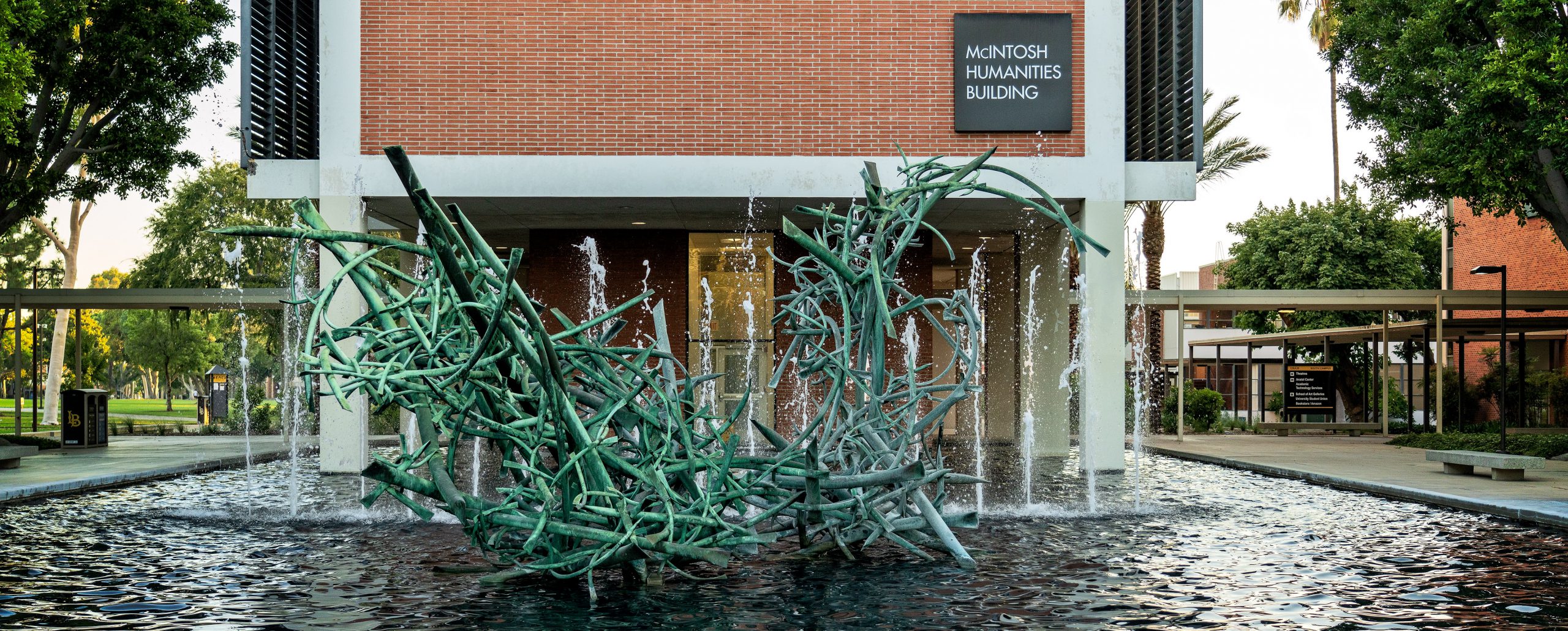Guest Lecture: Derek Duncan's "Graceless Pasolini's Postcolonial Body"
April 20, 2011Derek Duncan is a professor at the University of Bristol.
ABSTRACT: In 1973, Pasolini published a short essay, “Post-script to ‘The Eritreans’ Grace,'” in which he retracted all the praise that he had lavished on the inhabitants of Italy’s former colony in a piece written some five years before. His sharpest comments are targeted toward one boy in particular who had mistakenly believed that a relationship with the director would, among other things, facilitate the acquisition of a passport. Pasolini had visited Eritrea in the course of his preparations for Arabian Nights, the third film in his Trilogy of Life, and subsequently commented quite extensively on this visit to a place that still bore the strong imprint of Italy’s colonial past. While it is commonplace to assert that after the fall of Fascism and the rapid loss of the territories it had occupied in Africa, Italy “forgot” colonialism, Pasolini’s account of Eritrea indicates quite clearly that this claim is overstated. The aim of this paper is to revisit Pasolini’s conflicted enthusiasm for the “Third World” explicitly as an instance of Italian colonial memory, focusing on his descriptions of Eritrean bodies, tracing a trajectory of fascination that moves from amorous exaltation to bitter repudiation. While there are obvious structural links with Pasolini’s earlier enthusiasms for the adolescents of Friuli and Rome, I will argue for a particular postcolonial take on the version he gives of Eritrea and its inhabitants. In doing so, I will reflect on the black African body as an element of Italian colonial memory of which Pasolini is symptomatically part.
For additional information, please contact Dr. Clorinda Donato at donato@csulb.edu.
Presented by the George L. Graziadio Center for Italian Studies, the LGBT Task Force, and the Department of Film and Electronic Arts.

